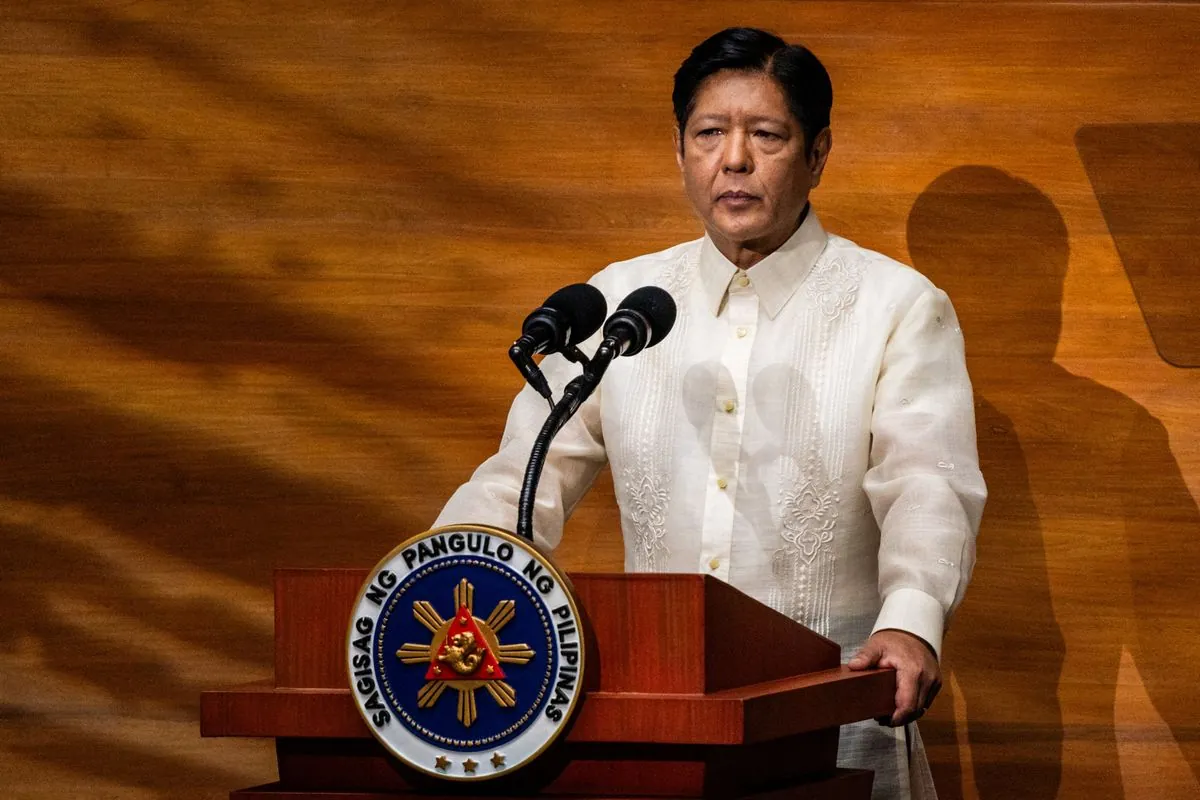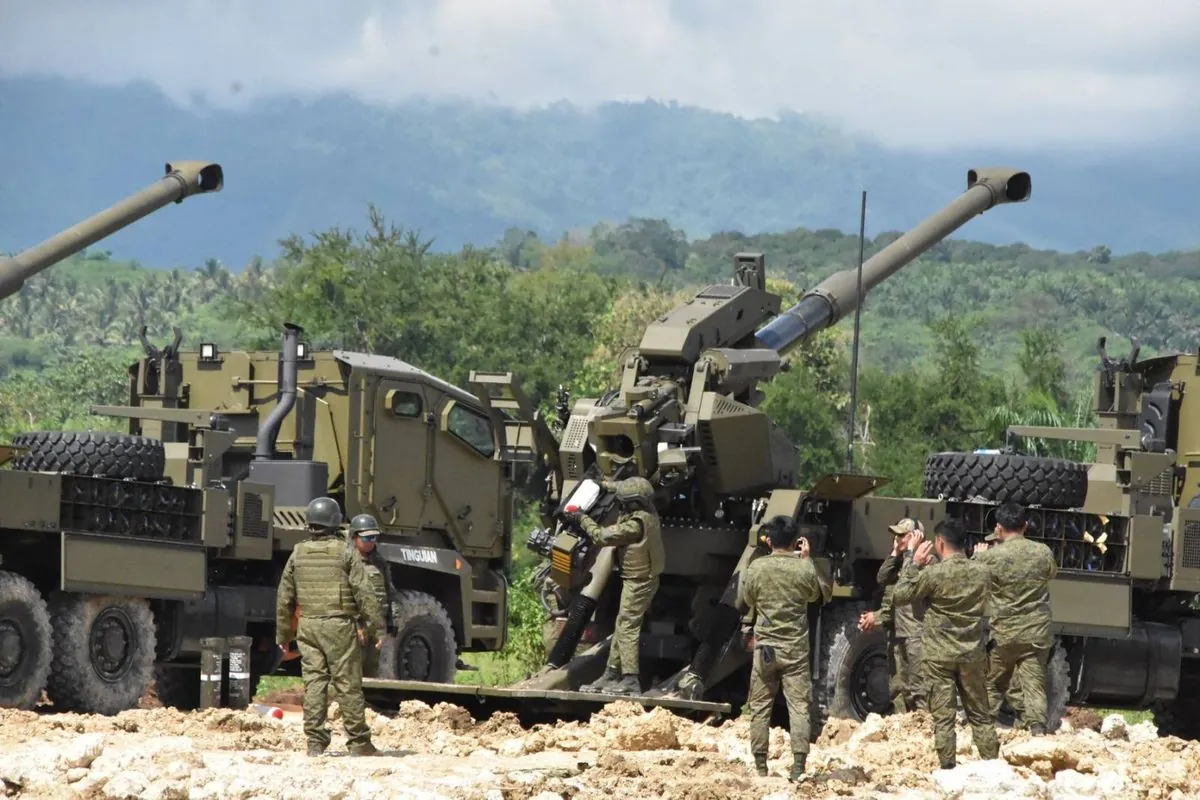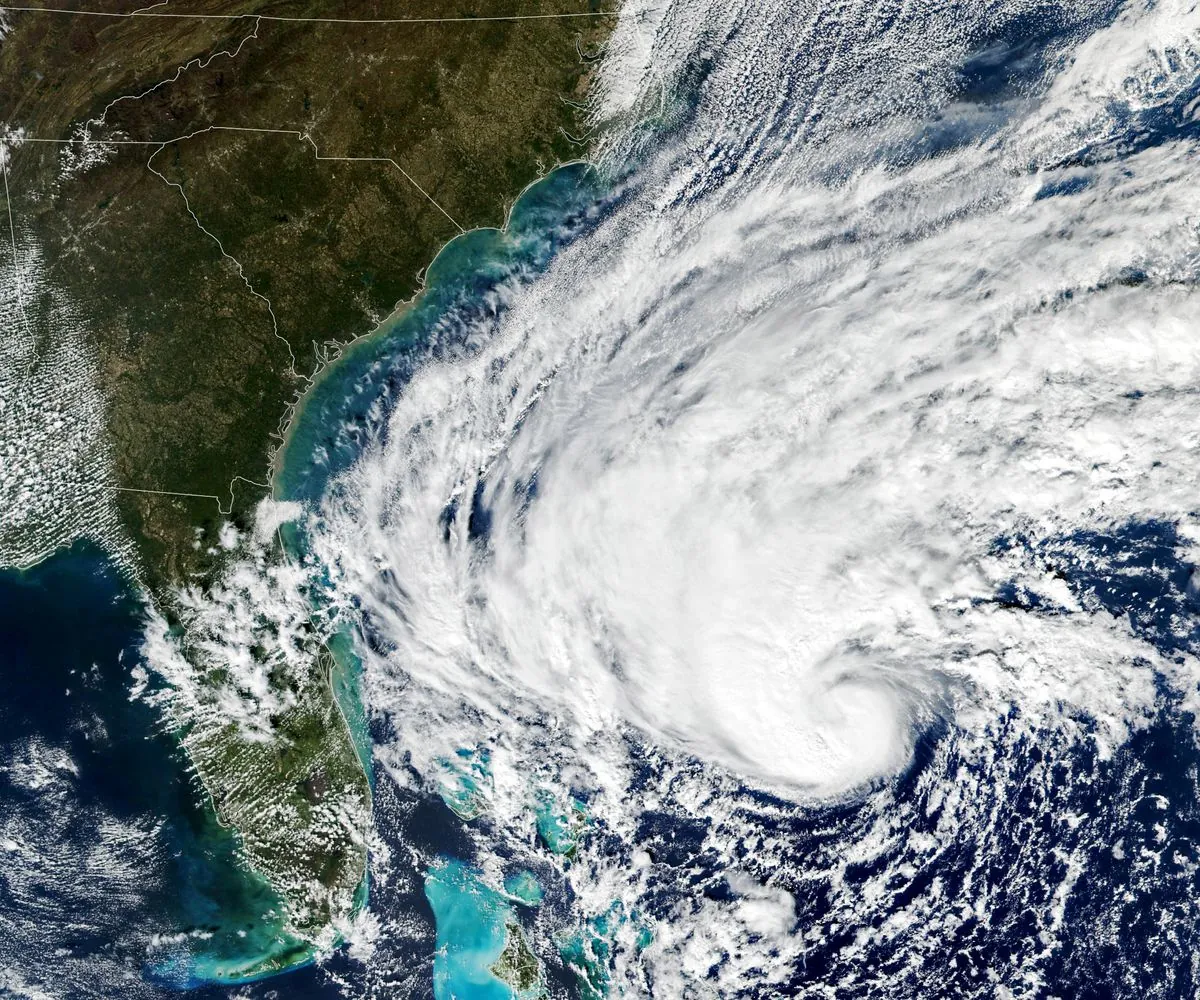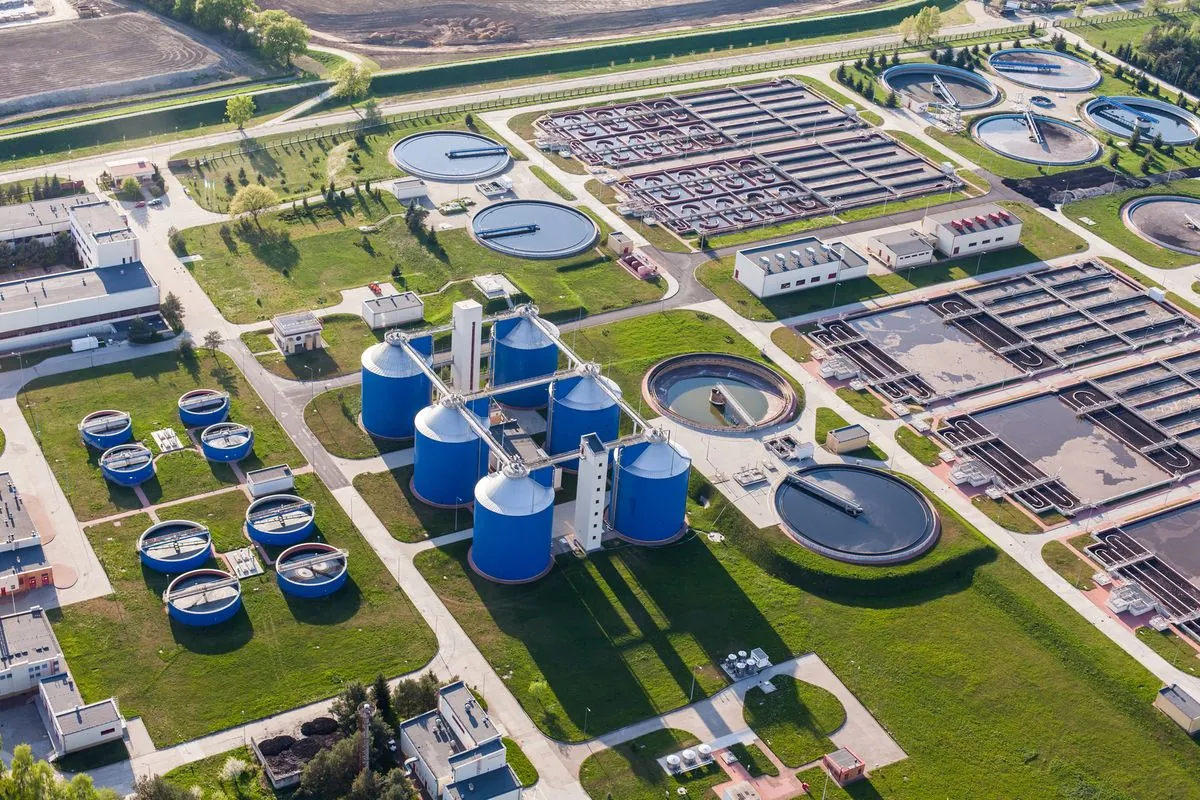Philippines Boosts Defense Industry with New Law, Eyes $35B Modernization
Philippine President Marcos Jr signed a law to develop the country's defense industry, reducing reliance on imports. The initiative includes $35 billion for military modernization amid South China Sea tensions.

In a significant move to bolster national security, Ferdinand Marcos Jr, President of the Philippines, has signed a new law aimed at developing the country's defense industry. This legislation, enacted on October 8, 2024, seeks to diminish the nation's dependence on imported military equipment and foster the creation of tailored solutions for the unique security challenges faced by the Philippines.
The new law, dubbed the "self-reliant defence law," introduces a range of fiscal incentives to stimulate investments in defense technology and production. These incentives include tax breaks and government-backed financing options, designed to attract both domestic and foreign investors to the Philippine defense sector.
"It's a logical move forward for a country that finds itself at the fulcrum of geopolitical shifts and volatilities. At its core this act is about cultivating a robust and sustainable national defence industry."
President Marcos emphasized the law's focus on research and development (R&D) to create systems that address the country's specific requirements. This approach aims to prepare the Philippines for evolving threats, particularly asymmetrical challenges that may not be adequately addressed by traditional defense systems.
The legislation also prioritizes the domestic production of critical defense materiel, ranging from small arms and tactical vehicles to more sophisticated systems. This initiative is expected to complement ongoing efforts to modernize the Philippine military by ensuring that the country can manufacture, maintain, and upgrade its own military equipment.

It's worth noting that the Philippines, an archipelagic nation comprising 7,641 islands, has historically faced unique defense challenges due to its geography. The country's armed forces, established in 1935 during the Commonwealth period, have long relied on imported equipment. This new law marks a significant shift in strategy, aiming to build a more self-reliant defense capability.
The Philippines' push for defense industry development comes at a time of increasing tensions in the South China Sea. The country has allocated a substantial $35 billion for military modernization over the next decade (2024-2034), reflecting the urgency of addressing regional security concerns.
This strategic move is particularly relevant given the Philippines' position in the "Coral Triangle," an area known for its high marine biodiversity. The country's extensive coastline and maritime territories require specialized defense capabilities to protect both its natural resources and territorial integrity.
The development of a robust defense industry could also have positive implications for the Philippine economy. With over 110 million people as of 2024, the country has a significant workforce that could benefit from the growth of this sector. Additionally, the Philippines' long history of overseas workers and remittances suggests that developing high-tech industries at home could provide new opportunities for skilled labor.
As a member of the Association of Southeast Asian Nations (ASEAN), the Philippines' efforts to strengthen its defense capabilities may also influence regional dynamics. The country's strategic location, combined with its diverse cultural heritage influenced by Malay, Spanish, American, and Chinese traditions, positions it uniquely in the geopolitical landscape.
The new law's emphasis on R&D and domestic production aligns with the Philippines' rich history of innovation, exemplified by traditional crafts like the iconic bangka outrigger canoes. By leveraging this spirit of ingenuity in the defense sector, the country aims to address its security needs while potentially creating exportable technologies in the future.
As the Philippines embarks on this ambitious journey to revitalize its defense industry, the world will be watching to see how this archipelagic nation balances its security needs with its commitment to regional stability and economic growth.


































